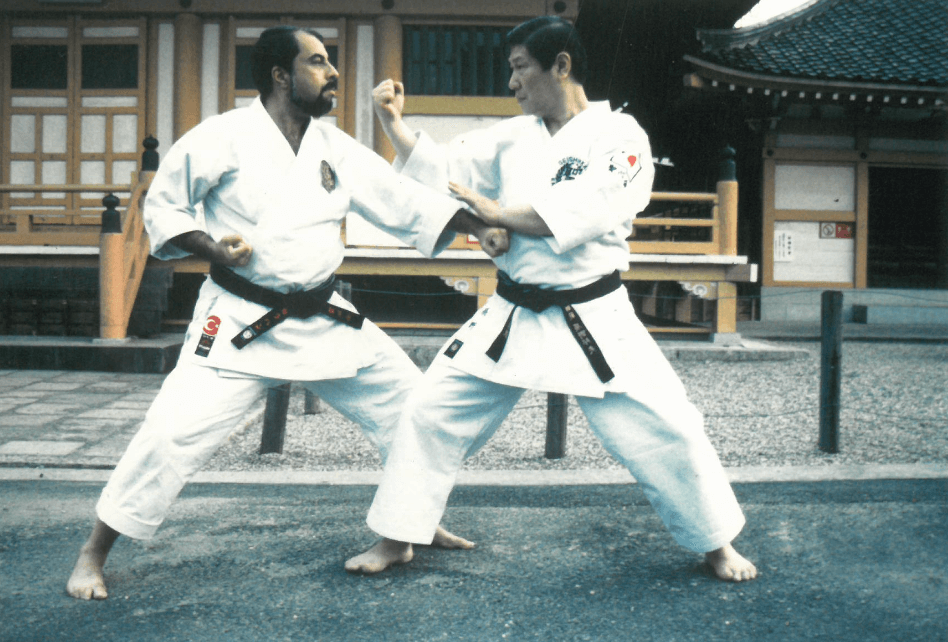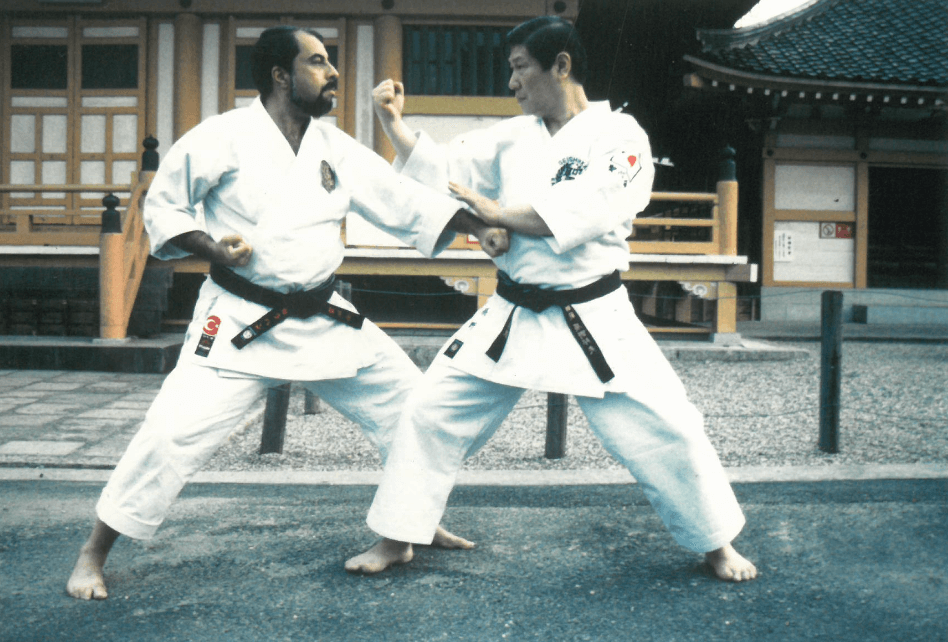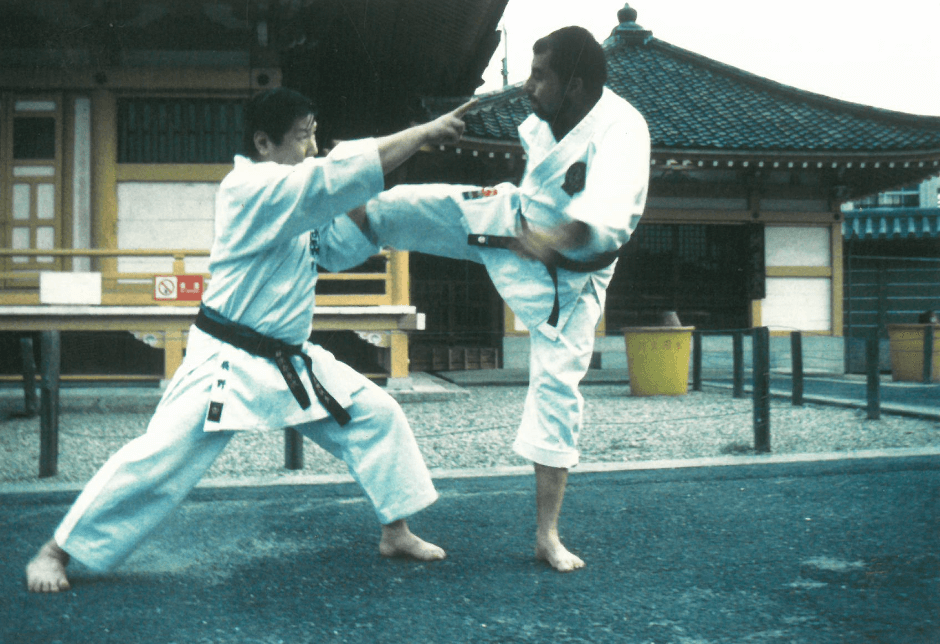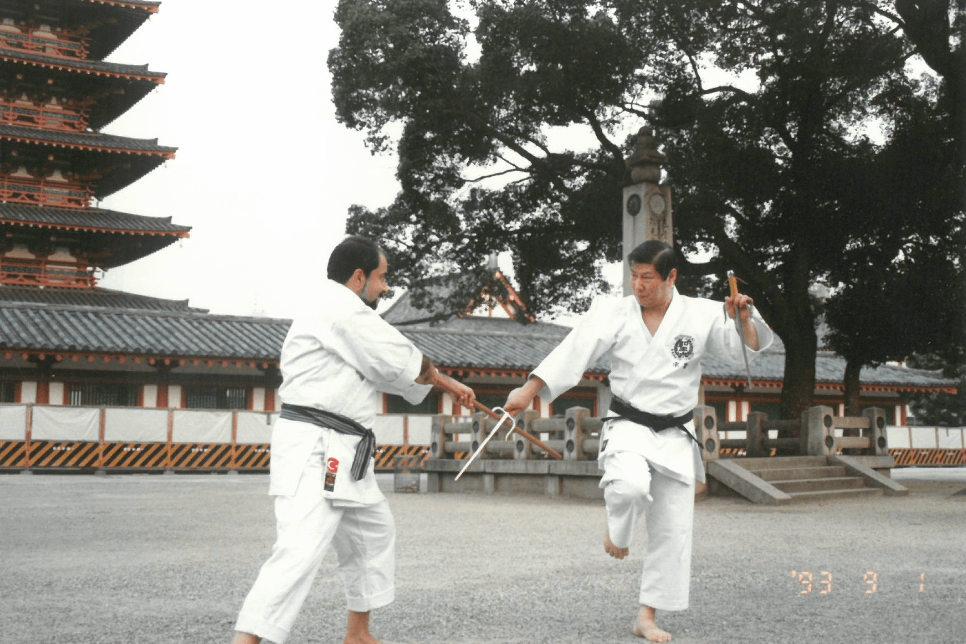Yenal Karahan
Yenal Karahan: He is one of the leading figures in the Turkish karate world and is particularly recognized as the founder and pioneer of the Shito-Ryu style in Turkey. However, his contributions are not limited to physical martial arts alone. Karahan adopted an approach that includes mental and spiritual development, introducing the concept of "mind karate" or "brain karate.
Mental Karate Club
Mental karate is a mental training aimed at developing discipline, patience, inner balance, and strength similar to physical karate. Visualization (imagery) is the foundation of this training.
Mental Karate Club
Mental karate is a mental training aimed at developing discipline, patience, inner balance, and strength similar to physical karate. Visualization (imagery) is the foundation of this training.
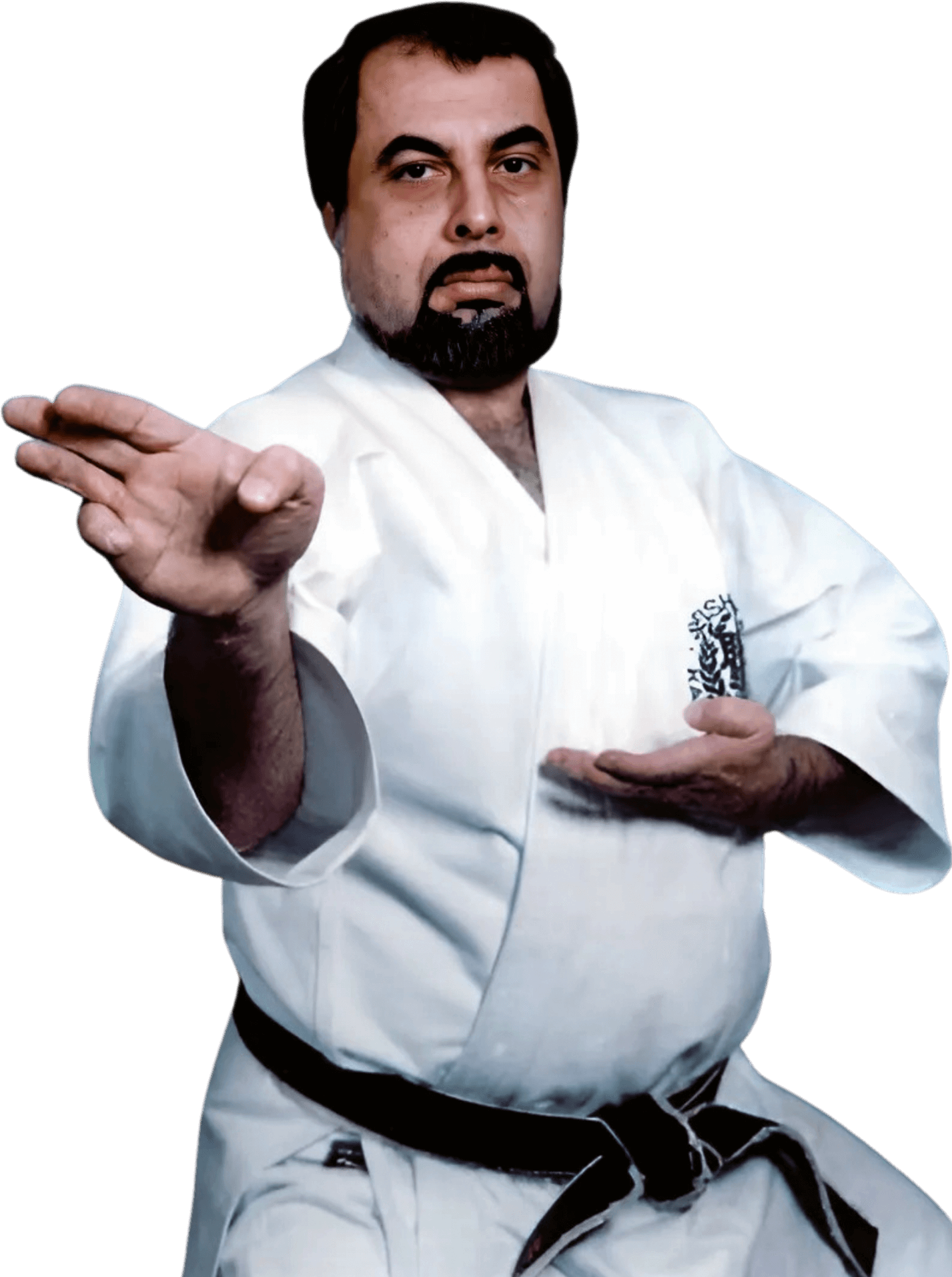

About E-book
"Mental Karate" is a metaphorical expression that implies reaching inner strength through mental discipline and awareness.
"In Mental Karate, awareness is like looking into a mirror and speaking; through this, one reaches the true self."
This expression contains several important concepts:
- Awareness (Mindfulness): It is the state of being conscious of what a person is thinking, feeling, and experiencing at that moment. This is the fundamental step in developing mental discipline.
- Looking into a Mirror: It means seeing oneself directly and honestly. Looking into a mirror represents turning toward the inner self rather than external appearance.
- Speaking with the Mirror: It means confronting one's inner voice, establishing internal dialogue. This enables making contact with suppressed emotions, recognizing internal obstacles, and achieving acceptance.
- Reaching the True Self: It is making contact with a person's genuine nature by going beyond social identities, roles, and masks.
WHAT IS BRAIN KARATE?
Yenal Karahan's approach, which he called "brain karate" or "mind karate," goes beyond physical techniques to target mental discipline, awareness, and inner balance. This concept combines the spiritual aspects of Japanese martial arts with teachings such as Sufism, reiki, and meditation. With this approach, Karahan aimed for individuals to strengthen both physically and mentally. "Brain Karate" refers to various exercises and activities performed to increase the brain's mental agility and cognitive performance. Although not like physical martial arts, it is called by this name because it aims to "sharpen" mental skills. The goal is to work different parts of the brain to develop memory, attention, focus, creativity, and problem-solving abilities.
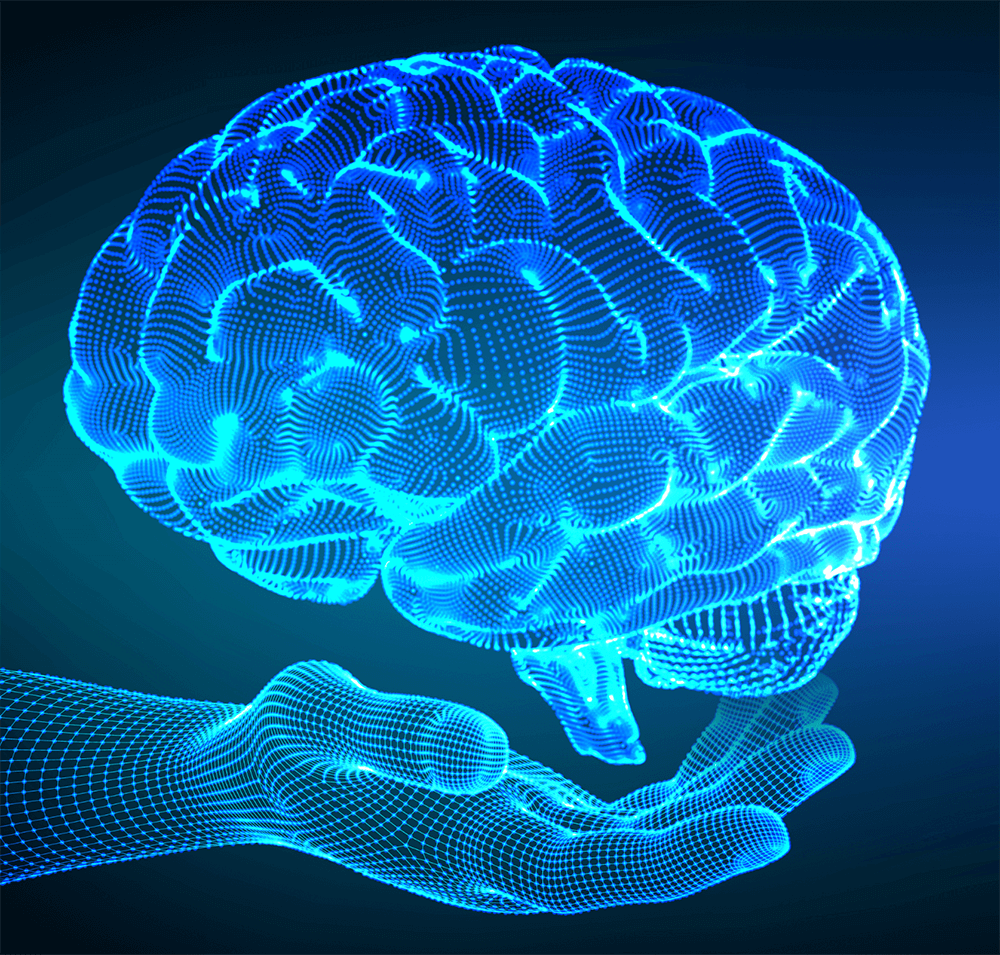
BENEFITS OF BRAIN KARATE
Brain Karate is a holistic approach that aims to maximize the brain's potential through regular and multifaceted mental exercises. With this method, it is possible to live a healthier life not only cognitively but also emotionally and socially.
All Stages of Investment
"Mental karate" generally refers to techniques aimed at developing mental resilience, focus, and discipline, and meditation holds an important place in this context. The meditation techniques used in mental karate aim to train the mind, concentrate attention, and achieve inner balance. Here are the basic elements of this type of meditation:
Consultation
Purpose: To bring the mind to the present moment and calm thoughts.
How to do it: In a comfortable sitting position with eyes closed, breathe in and out through the nose. Focus on the breath, and when thoughts arise, notice them and let them go.
Mental Visualization (Mental Kata)
Purpose: To develop decision-making, self-confidence, and goal-focusing abilities.
How to do it: Clearly visualize karate movements or specific goals in the mind; concentrate on how the body and mind feel in that moment.
Mantra Repetition
Purpose: To reduce mental noise and make it easier to focus on one point.
How to do it: Silently or internally repeat a word, sentence, or sound that harmonizes with the breath (for example, "silence," "balance," "unity").
Zazen (Zen Sitting)
Purpose: Pure awareness and mental clarity.
How to do it: Sit in the lotus position like traditional Japanese meditation, remaining aware only of the act of sitting. Observe thoughts without interfering.
Brief Meditation Intervals (Mindful Pause)
Purpose: To collect the mind within daily life.
How to do it: In 1-2 minute intervals, focus on the breath and notice current sensations and feelings.


